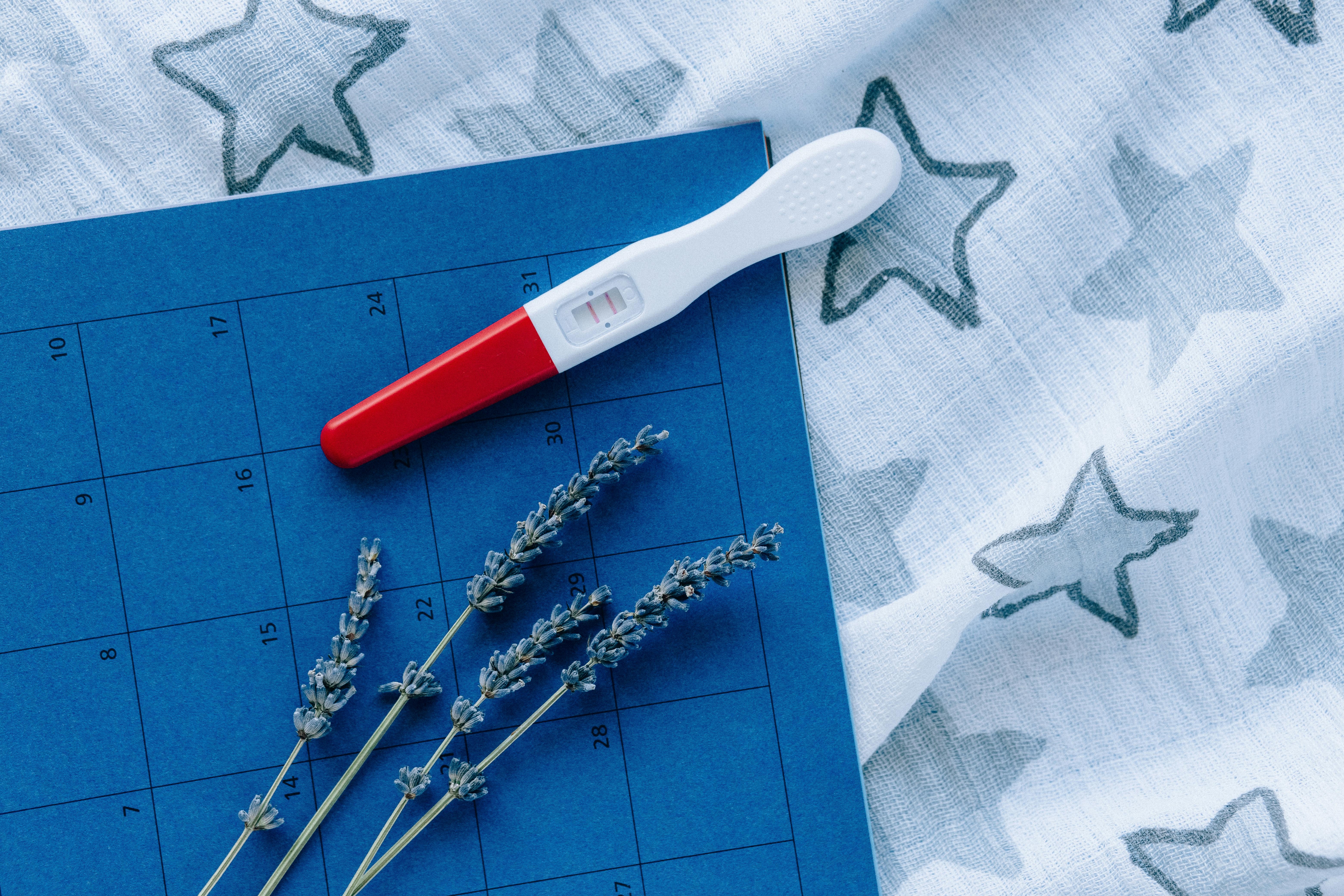Helpful Recommendations and Top Tips for Those Actively Trying to Conceive

If you're amongst the numerous couples attempting to get pregnant, it's essential to understand you're not alone on this journey and there are several practical tips and recommendations that could assist greatly. This article explores various stages of conception, factors to consider, and the top tips to aid you in your journey towards parenity.
Understanding Your Menstrual Cycle and Fertility
Understanding your menstrual cycle is the first step to increasing your chances of conception. Broadly speaking, a woman's cycle lasts 28 days, but it can also range between 21 to 35 days. Ovulation – the release of an egg from the ovary – usually occurs in the middle of the cycle. This is your body's fertile window and the optimal time to conceive.
Maximizing your chances of getting pregnant involves recognizing when your fertile days occur. There are various physical signs of ovulation, including slight cramping on one side of the pelvis, increased cervical mucus, a slight increase in resting body temperature, and the surge in the luteinizing hormone (LH) which can be detected using ovulation predictor kits.
Healthy Lifestyle Choices and Their Influence on Fertility
Your general health and lifestyle have a significant impact on fertility. Maintaining an ideal body weight, eating a balanced diet rich in fruits, vegetables, lean proteins, and whole grains can help improve your reproductive health. Regular physical activity not only contributes to maintaining a healthy weight but can also alleviate stress, which is also beneficial for fertility.
The consumption of alcohol, caffeine, and nicotine can negatively impact fertility in both women and men, hence it's advisable to reduce or eliminate these from your lifestyle when trying to conceive. It's also worth noting that certain prescribed or over-the-counter medications may affect fertility. Always consult with your healthcare provider if you have concerns.
Sexual Health and Its Role in Successful Conception
Maintaining optimal sexual health is vital when trying to conceive. Regular intercourse throughout the menstrual cycle can increase your chances of getting pregnant. Ideally, this should happen at least every 2-3 days without causing undue stress on either partner.
Contraceptive methods such as contraceptive pills might have a temporary effect on your menstrual cycle when you stop using them. Your cycle might take a little time to restart, especially if it was irregular before starting contraception. Regular intercourse, patience, and understanding your cycle will help you in the process.
When to Seek Medical Assistance if Conception Isn’t Happening
Despite all efforts, some couples might have difficulties conceiving. It's typically advisable to consult with a healthcare provider if you've been trying to conceive for more than a year without success if you're under 35 years of age. For those above 35, consider seeking medical advice after six months of trying.
Your healthcare provider will guide you through possible reasons for difficulties in conceiving such as underlying health issues, hormonal imbalances, and structural abnormalities. Various tests can be done to investigate your reproductive health and provide you with suitable treatment options, if necessary.
Conclusion
Conceiving can be a complex process but understanding your body and observing healthy lifestyle practices can increase your chances of success. Remember, staying patient, maintaining open communication with your partner, and seeking help when necessary are all significant parts of this journey. While it might not always be an easy road, having the knowledge and preparation can make the process smoother and improve your overall conception experience.





